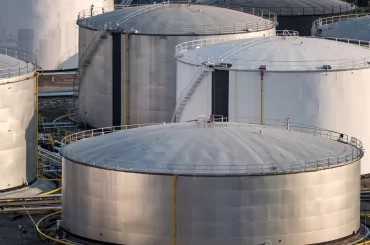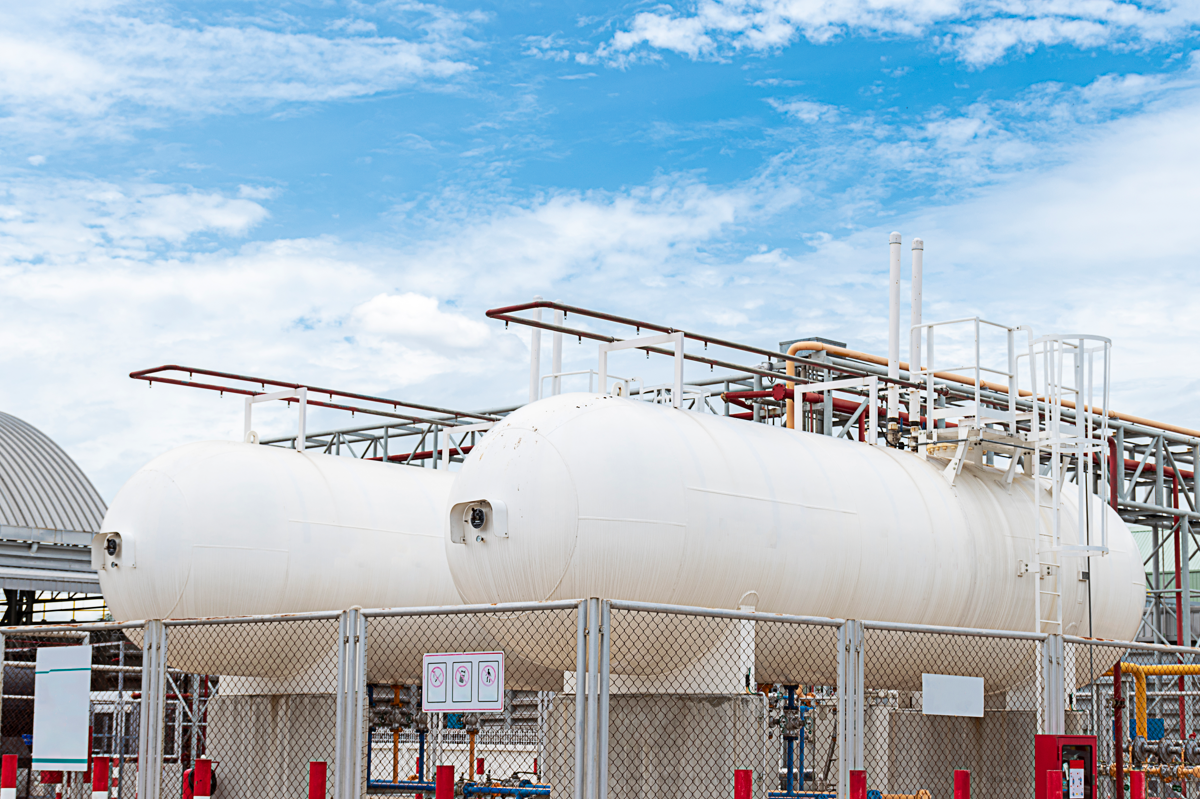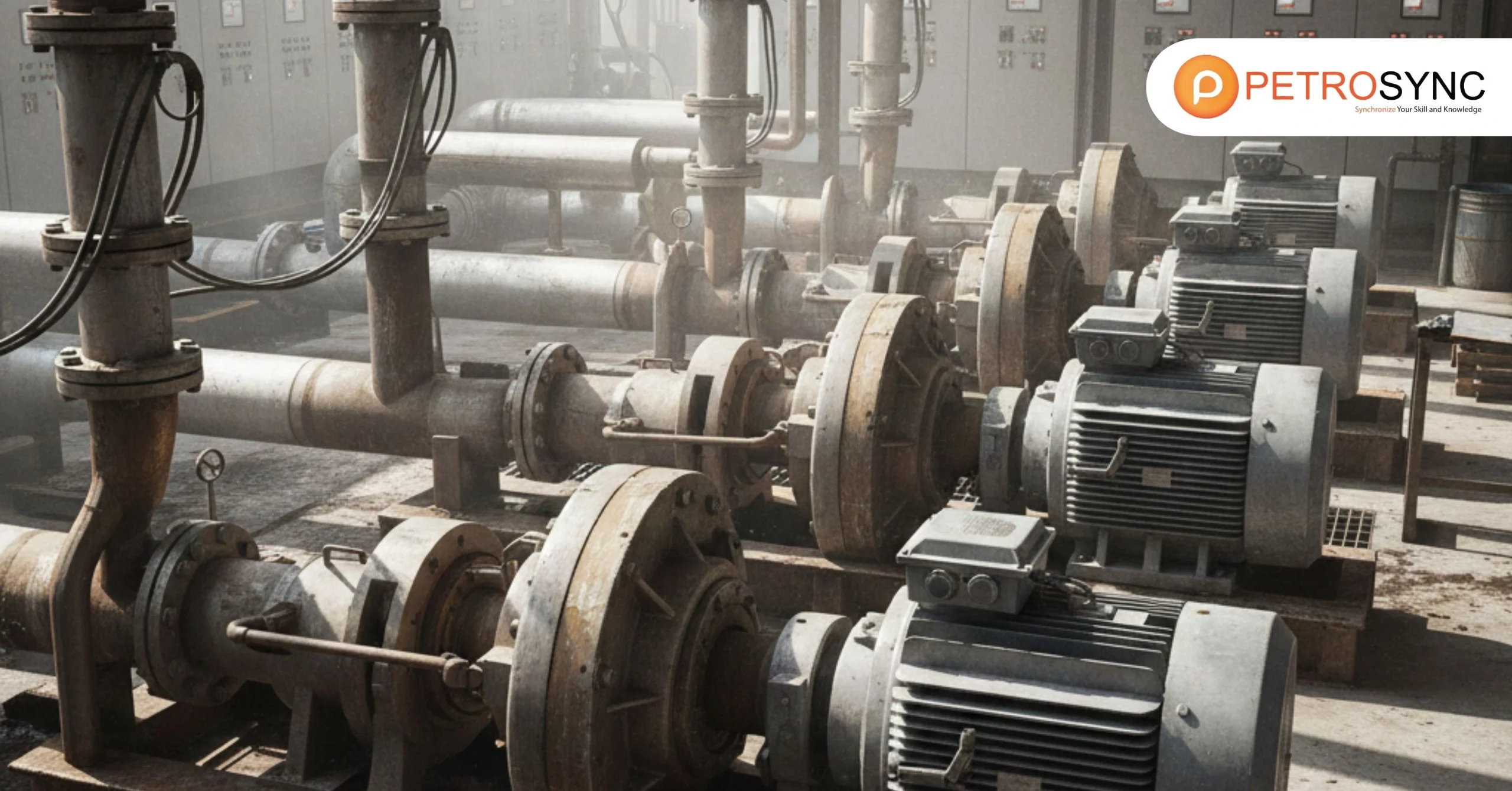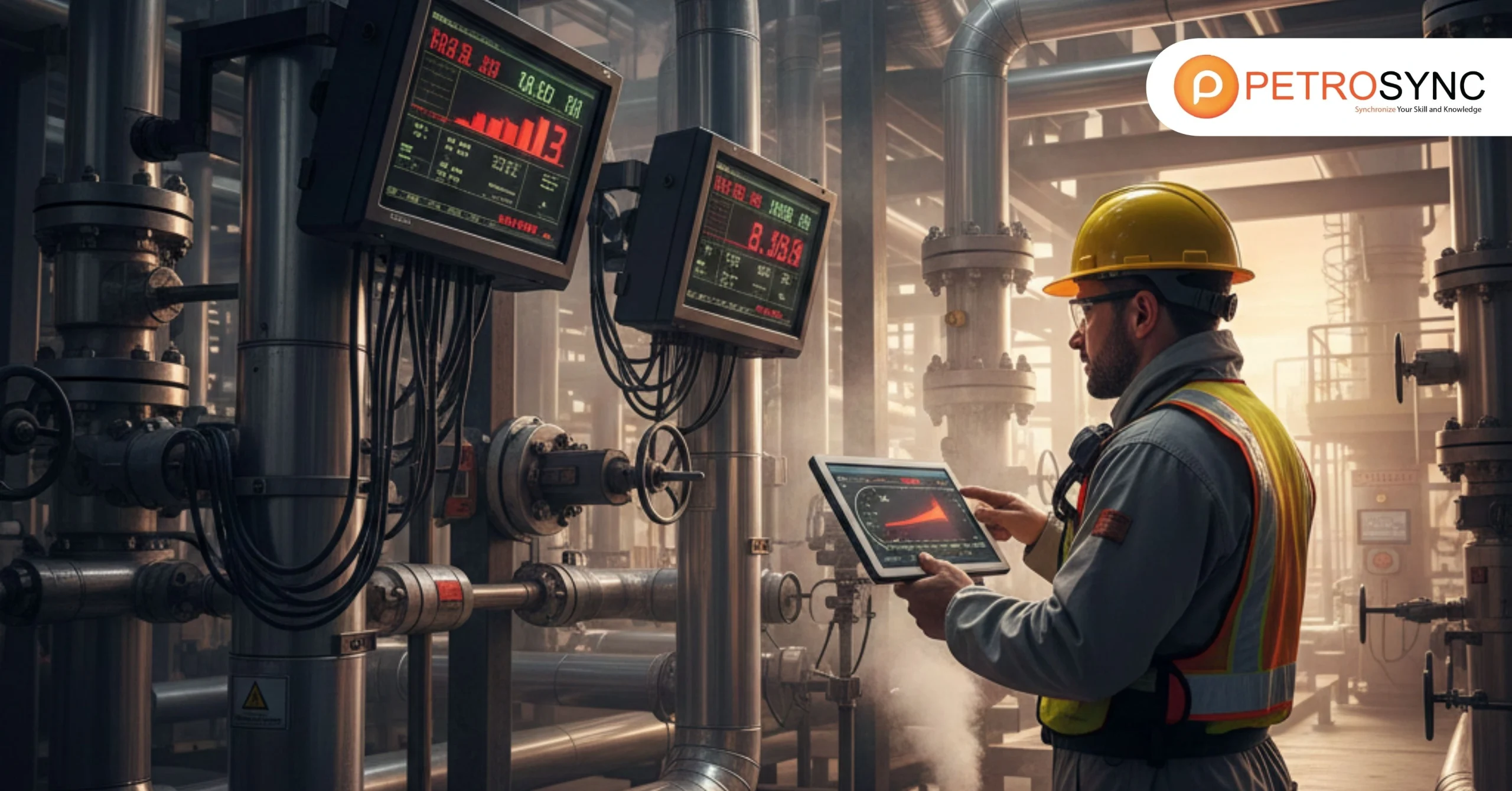In the realm of API 936 training, knowledge and opportunity collide. This training will go into greater detail on assuring the integrity and dependability of materials and installations as primary factors. So that participants in this program can succeed in terms of insight and knowledge, as well as advance in a more meaningful career path.
As part of the API training spectrum, API 936 will explore how to handle issues connected to control in fire-resistant qualities. As a result, this API 936 training serves as a springboard for learners looking to drastically enhance their skills.
What Is The API 936 Code?
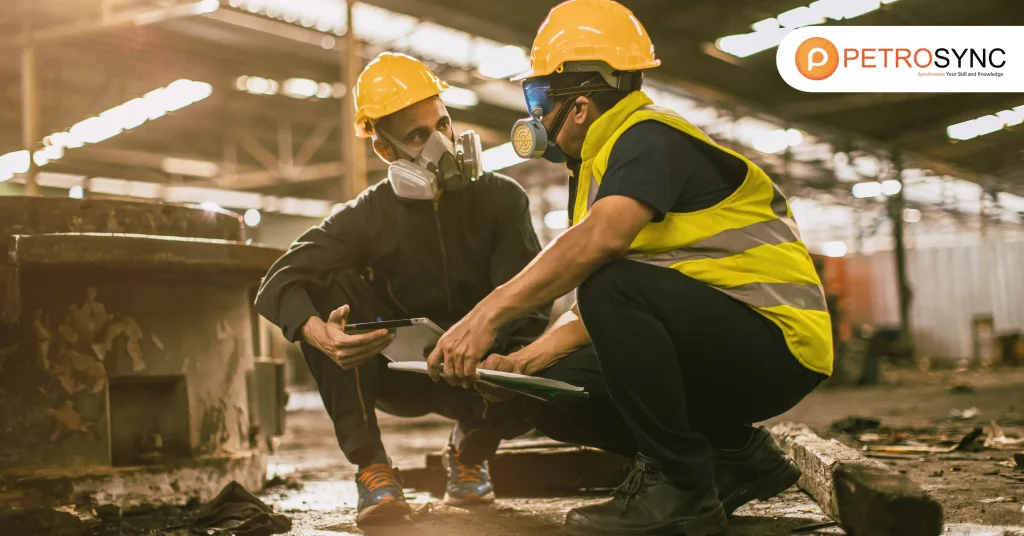
API 936 is a standard produced by the American Petroleum Institute (API) that specifies the installation, inspection, testing, and quality control of refractory materials in a variety of industrial applications, primarily in the petrochemical and energy industries. Refractory materials are heat-resistant materials used to line furnaces, reactors, and other processing units that are subjected to great heat.
The API 936 standard defines the standards required to ensure that refractory materials are suitably installed and can survive the rigorous circumstances of their operational environment. It covers a wide range of topics, including material selection, installation methods, curing processes, and inspection and testing procedures.
Adherence to API 936 criteria reduces the possibility of refractory failure, which can cause severe downtime, repair costs, and safety issues.
What Is API Training?
API training is a certified educational program developed by the American Petroleum Institute (API). API has developed standards for the entire oil, gas, and petrochemical industries. The goal of developing standards is to improve industrial practices. Starting with existing industry programs such as risk management and safety.
As well as technical approaches in material and equipment standards. Professionals who want to broaden their knowledge, comprehension, and practical abilities should consider API training because it is widely recognized. So, if you’ve attended API training, you can be confident that the participants grasp the safety, efficiency, and regulatory standards.
What is API 936 Training?
API 936 training is a specialist program for refractory installation quality control. Refractories are materials that can endure tremendous temperatures, making them useful in a number of industrial processes such as kilns, furnaces, and reactors. Proper installation and maintenance of these materials is essential for avoiding costly breakdowns and maintaining operating efficiency.
PetroSync developed the API 936 training program to provide professionals with the knowledge and skills required to supervise the whole refractory installation process, from material selection to final inspection and testing. This course covers important topics such as refractory material qualities, installation techniques, and quality control standards and processes.
Participants also learn how to conduct inspections and evaluations to ensure that all refractory installations meet the severe API 936 criteria. Professionals who complete this training will be trained to manage important quality duties such as refractory materials, installation processes, and API compliance.
As a result, professionals can continue to build their credibility and assist businesses in implementing high safety and performance requirements during operations.
Why Joining API 936 Training Is A Must?
This training enhances the competency standard for skilled professionals who must be familiar with refractory lining installation, inspection, testing, and repair. Beyond academic comprehension, the curriculum emphasizes the need to gain practical skills required to address the issues of real-world applications.
Participants will be able to apply their knowledge in the actual world to assure the durability of fire-resistant performance systems throughout time. This ensures that participants in this course obtain both theory and practice.
This training technique has the potential to improve the quality of professional participants who follow the requirements established for maintaining safety and efficiency in the operation of facilities that must be managed.
How To Get API 936 Certification?
API 936 accreditation involves the completion of a structured training program that focuses on best practices for refractory installation and maintenance. This qualification is intended for individuals who inspect, test, and supervise refractory materials. Here’s how to become certified :
- Meet Eligibility Requirements: API 936 certification normally requires candidates to have appropriate work experience in refractory inspection, installation, or monitoring. Some programs may also involve a mix of experience and education.
- Complete API 936 Training: Enroll in a comprehensive training program offered by a credible provider. The training covers the API 936 code’s essential principles, including material specifications, installation procedures, and inspection methodologies. This course ensures that students are well-prepared to employ API standard in real-world scenarios.
- Prepare for the Exam: Following completion of the program, students must pass the API 936 certification exam. The exam examines both API 936 code knowledge and practical skills related to refractory material installation and inspection.
- Apply for Certification: Candidates who pass the exam can then apply for formal API 936 certification. This certification proves their expertise in refractory materials and adherence to API requirements, making them highly sought after in sectors that rely on these materials.
API 936 certification boosts credibility and opens job opportunities in high-temperature systems, supporting career growth and new prospects.
What Does API 936 Training Covers?
API 936 Training covers a wide range of topics, ensuring trainees have a thorough understanding of refractories. Key areas of attention are:
Day 1
- Registration and Coffee
- Welcome and Introduction
- Pre – Test
- Introduction of Refractories:
– Types and Classifications
– Test Procedures
– Effects of Additives
– Why Chemistry alone is not a Critical Factor
– Phase Relationships
– Fracture Mechanics - Refractory Inspection and Quality Control:
– Acceptance / Rejection Criteria
– Sampling and Testing
– Records and Reports
– Refractory Quality Control
– Material and Installer
– Certification - Case Study:
– Brick Failure
– Cracking in Monolithic Lining
Day 2
- Monolithics:
– Casable and Plastic Refractories
– Compositions and Properties
– Anchorage
– Design and Installation
– Effects of Firing on Strength and Thermal Properties - Case Study:
– SRU Brick Lining
– Acid Gas Incinerator Refractory Damage
Day 3
- Refractory Installation Techniques:
– Modern Refractory State-of-the-Art
– Self-Flow, Vibe/Pump Cast, Gunite/Shotcrete,
– Rammed Plastics
– Precast Modules
– Storage & Handling
– Joints
– Maintenance Practice - Refractory Repairs:
– Failure Analyses
– Structural Reactions, Slag Attack)
– Thermal (Impingement, Spalling, Fusion) - Case Study:
– Study Exposure to Thermal Cycle in FCCU
– Fibber Modules fallen from the Roof
Day 4
- Furnace Linings:
– Design of Various Refractory Lining Types
– Thermal Curing and Drying
– Explosive Spalling
– Effects of Aggressive Atmospheres - Refractory Selection Guidelines:
– Data Sheet Interpretation
– Product Choices for Design Exposures
– Castable, Plastic, Fiber and Brick Selection-
– Criteria for FCB and MSW
– Boilers, Incinerators, Gasifiers and Heaters - Case Study:
– Failing Brick Walls Deformations or Collapse Castable Cracking
Day 5
- Refinery Application Refractories:
– FCCU Applications
– Effects of Coking
– Reformers
– Transfer Lines
– Sulfur Plants
– Stacks
– Creep Tests
– Hot Spot Detection - Case Study:
- Flare Brick Failure
- Regeneration Heater H 1301 Accident Result
- Course Conclusion
- POST-TEST
Who Should Attend API 936 Training?
Typically, this course tends to be a good fit for the following individuals, though it is not restricted to them:
- API inspectors and inspectors of statuary equipment
- Asset Integrity Engineers
- Regulatory inspectors involved in power plant and equipment inspection (with refractory)
- Inspection Engineers of power boilers with refractory
- Maintenance Technician/Engineers
- Project Engineers
- QA /QC Inspectors
What is the latest version of API 936?
API 936 was first released in 1996 as a complete foundation for quality control in refractory installation. Standards have developed throughout time to reflect industry innovations and best practices. The most recent upgrade, Edition 4, was out in June 2014. This edition enhances rules to meet complex refractory needs, offering vital guidance for safety and performance in high-temperature industries.
Effective API 936 Refractory Training with Case Studies by PetroSync
If you need recommendations regarding API 936 Refractory Training, PetroSync is a noteworthy choice. What sets Petrosync apart is its comprehensive training materials. These materials include case studies and examples of best practices.
Both our materials and course outlines are thoughtfully designed to bridge the gap between theoretical knowledge and practical application. In simpler terms, the resources provided by PetroSync ensure that what you learn in theory can be directly put into practice in real-world situations, making your training highly effective and valuable. Master the material design, application, installation, and refractory inspection with PetroSync!

Results-oriented and thorough SEO specialist with extensive experience in conducting keyword research, developing and implementing digital website promotion strategies and plans, managing campaigns to develop company websites in the digital world, excellent knowledge of marketing techniques and principles, and attentive strong attention to detail.



